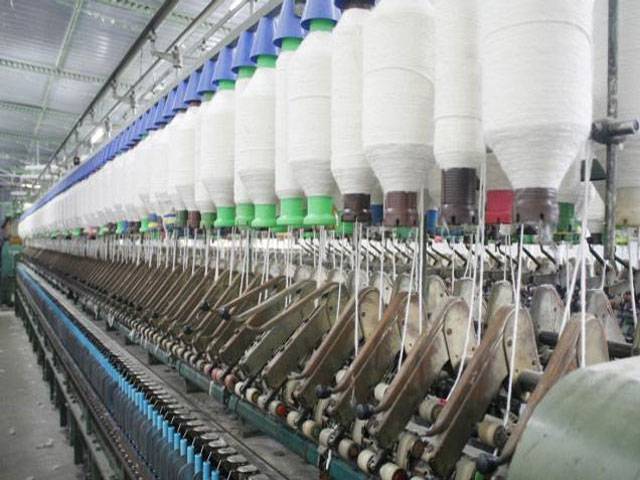LAHORE - We know energy crises can’t be resolved in a single day but planned load management will help the industry to minimize the problems. In these circumstances, to get immediate relief in energy crises, govt should allow the industries to generate in house power, not only for its own utilization but also to sell excessive quantity to close industries and living areas. Govt. need to fix a cost effective tariff which will guide to operate smoothly & energy crises will also be reduced effectively.”
Azam Malik, the Pakistan Tanners Association EC member and the chief executive of Leathertex Industries, said that GSP Plus has immense opportunity for Pakistan to increase export. He said that following the relaxation by the EU, the Lethertex Industry which is the major exporter of safety and industrial clothing, has also expanded its whole infrastructure. As the foreign orders of garment goods as well as gloves are increasing by almost 40 to 50 per cent, most of the industries have started expanding their set up to fulfill their orders.
Azam Malik urged the government to fulfill energy needs of the textile industry, besides controlling law and order, as the two issues had been hitting hard the Punjab-based value-added industry.
Besides improving law and order, controlling terrorism and providing non-stop gas and electricity supply, the government would have to relax import policy to empower value-added textile industry to get the maximum benefit of GSP Plus Status, as the country had no raw material except cotton, he noted. He warned the stakeholders to implement compliance of 27 Conventions for continuation of free market access to EU countries under GSP plus status, as Sri Lanka lost this in 2010 owing to its failure to comply with the Conventions related to human and labour rights. To a question, regarding Corporate Social Responsibility, Azam Malik said that business is not an isolated activity of individuals. It owes its existence to the society, and is responsible to contribute as much as it can to the society in return. Leathertex is acting profoundly in the educational sector and is contributing a lot to the educational enrichment of the people.
“In 1997, a school of primary education was initially launched by Leathertex in a small remote village which was upgraded to secondary school in 2008. The school and the faculty have focused on effective learning of the children. The outcome is encouraging; especially the school has cast extraordinary impact on the mindset of the people of village.” The next phase is to establish a technical and vocational training institute. The project is underway, and will soon be launched to help people to be trained in an appropriate skill and trade they should pursue as a career, he added. Regarding garment city, he said that with half of 12 billion cotton bales going out of the country unprocessed, the timely completion of Apparel Park could be a step forward to enhance value addition capacity. At the moment, the country’s 250 textile processing mills add value to only 6 billion cotton bales while rest of the expensive raw material is exported without textile processing.
Sunday, May 19, 2024
GSP Plus Status: Industry expanding as foreign orders up

Caption: GSP Plus Status: Industry expanding as foreign orders up
NEPRA’s Neglect
May 19, 2024
Colonial Grip
May 19, 2024
Confrontational Politics
May 19, 2024
Sports & Genocide
May 18, 2024
Healing AJK
May 18, 2024
Unsung Heroes of Society
May 19, 2024
Water Shortage in Our Area
May 19, 2024
The AI Trap
May 19, 2024
Continuing Narrative of Nakba
May 18, 2024
Teacher Struggles
May 18, 2024
ePaper - Nawaiwaqt
Advertisement
Nawaiwaqt Group | Copyright © 2024





